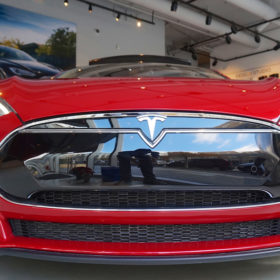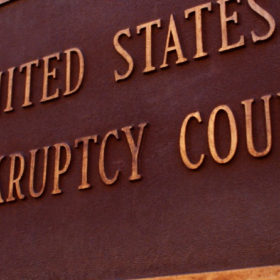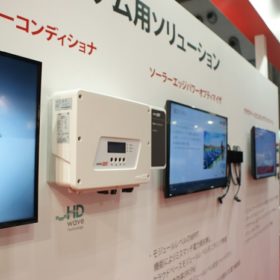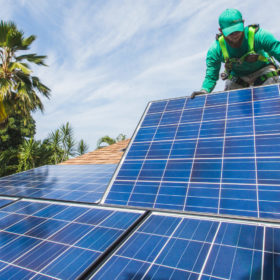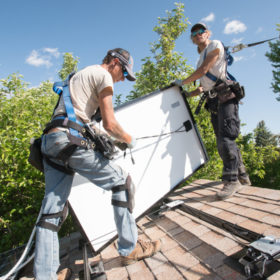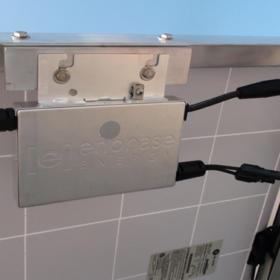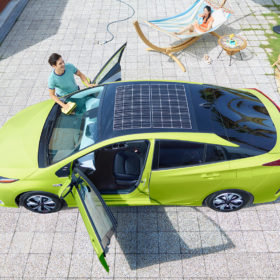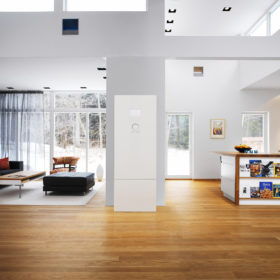Elon Musk has turned Australia’s energy debate on its head
It took a couple of tweets, and at least one one-hour long phone call, but it seems pretty clear that Tesla founder, CEO and billionaire Elon Musk has helped turn the debate around energy policy in Australia on its head.
Aquion files for Chapter 11 bankruptcy
After losing money for the past two years, the saltwater battery storage company couldn’t raise enough new capital to meet its debt obligations, leading to the filing in the U.S. Bankruptcy Court for the District of Delaware yesterday.
Five takeaways from PV Expo Tokyo 2017
PV Expo Tokyo, the leading solar power show for the world’s third-largest PV market, concluded last week after three full-on days. pv magazine reports on five key takeaways from this year’s show.
North American and European utilities invested around $297 million in distributed solar to date, GTM Research
Investments in distributed solar made by North American and European utilities have reached an aggregate value of $297 million to date. North American power providers seem to be more confident on distributed solar, but European companies are investing more heavily in all distributed energy segments.
SolarEdge to launch residential PV solution in Europe
Israeli headquartered power electronics specialist SolarEdge has announced that it is rolling out a complete solution for residential PV, consisting of inverter, storage and home automation system.
Enphase narrows losses in Q4 results
The company appears to be making progress with its restructuring, as it continues to launch increasingly sophisticated home energy solutions.
The pv magazine weekly news digest
The Toyota Prius gets rooftop solar, Fraunhofer and Hevel push multicrystalline and HJT efficiencies, Saudi Arabia begins 300 MW tender process and Tesla publishes its Q4 2016 financials – welcome to the week that was.
ARENA backs deX project to deliver open-source digital marketplace coupling distributed solar-plus-storage and grid services
The Australian Renewable Energy Agency (ARENA) is providing $450,000 (US$346,000) towards the Decentralized Energy Exchange (deX) project, which aims to produce an open-source software platform on which grid services can be provided and monetized by distributed battery storage. A combination of Australian utilities, research bodies, and startups are collaborating on the $930,200 ($715,000) deX project.
Leclanché storage pipeline grows to 450 MWh as 2016 revenue rises 56%
The Swiss vertically integrated storage solutions company reports 2016 annual revenues of $27.6 million and 2017 order backlog of 85 MWh of new utility-scale storage projects.
Queensland regulators want battery storage out of homes, garages
Two Queensland workplace regulators are recommending that all battery storage units not be placed in either the home or the garage, and should instead be installed in a free standing, weatherproof enclosures.
